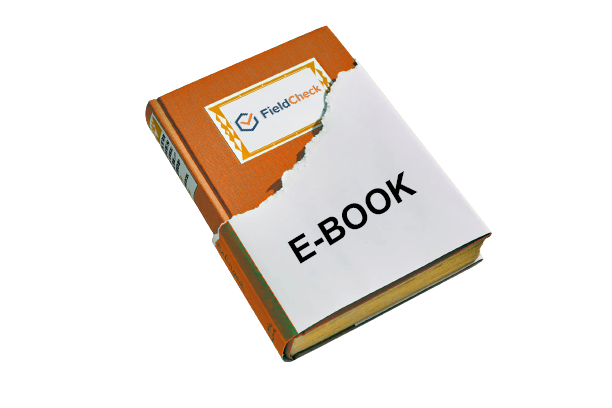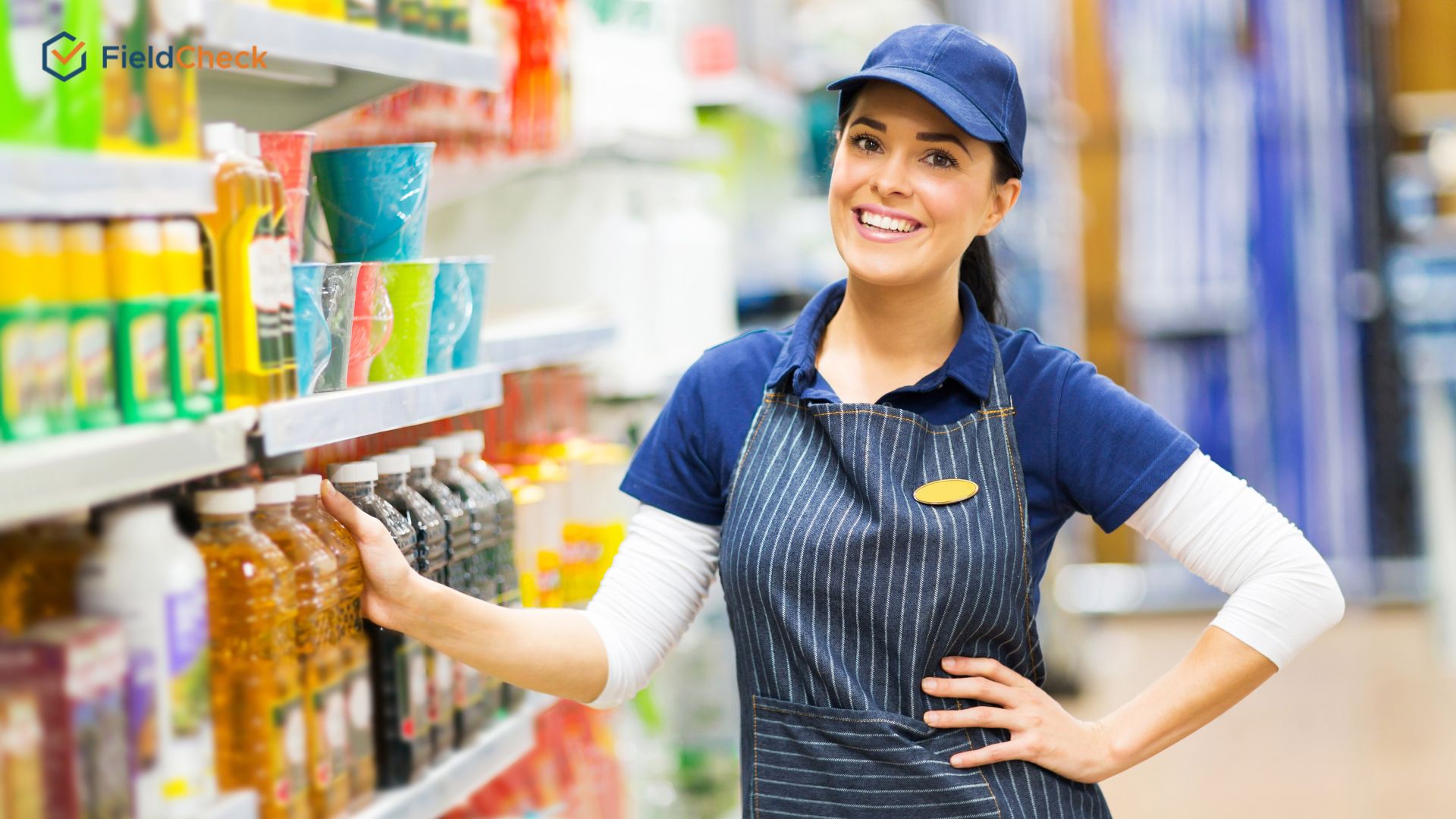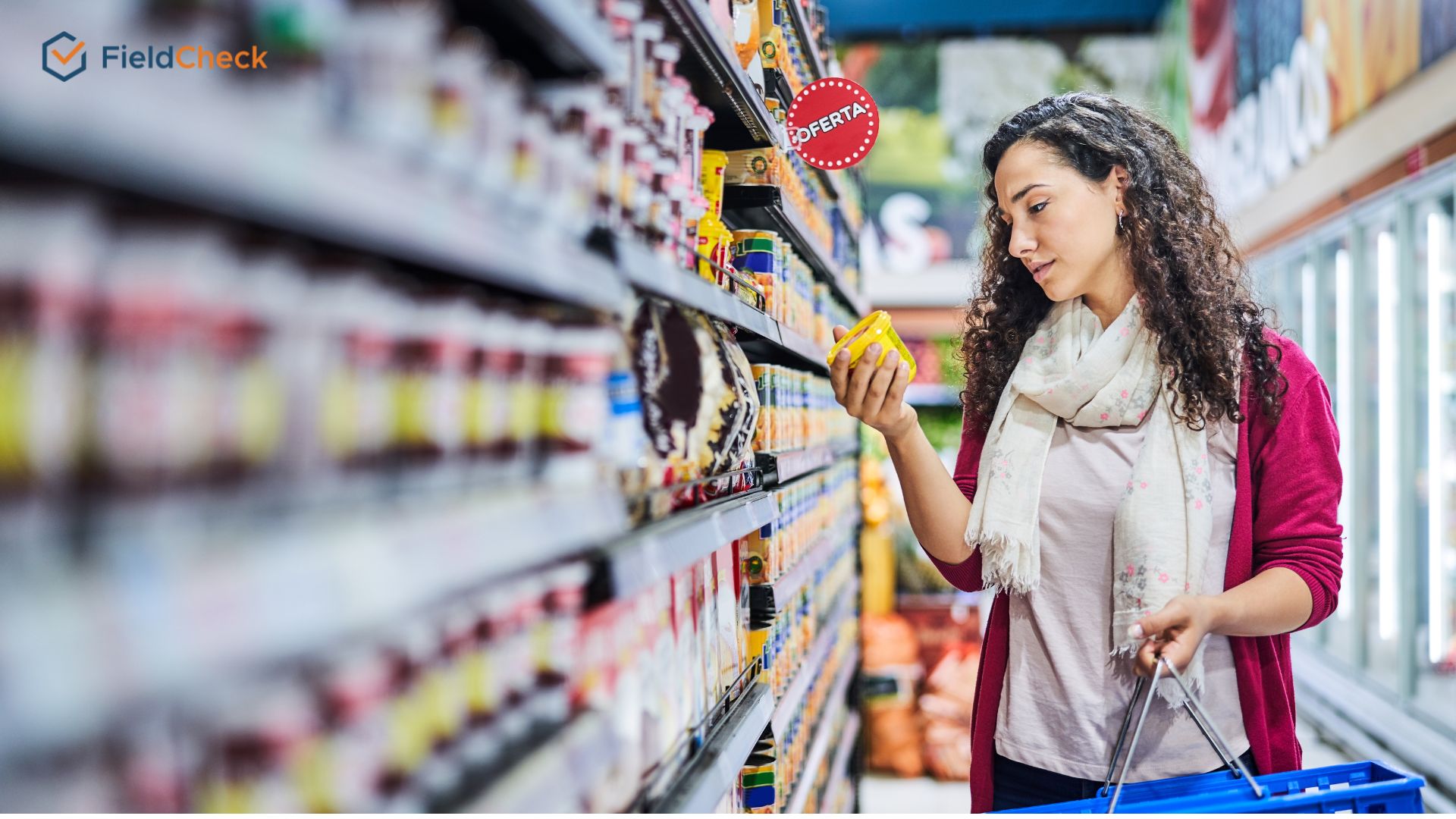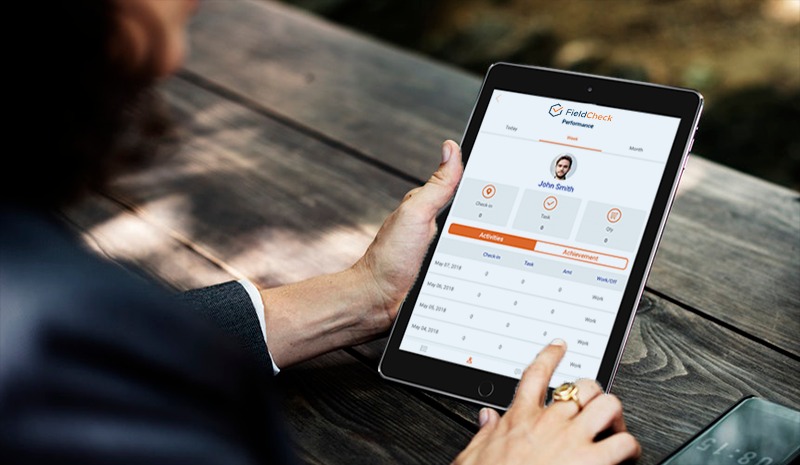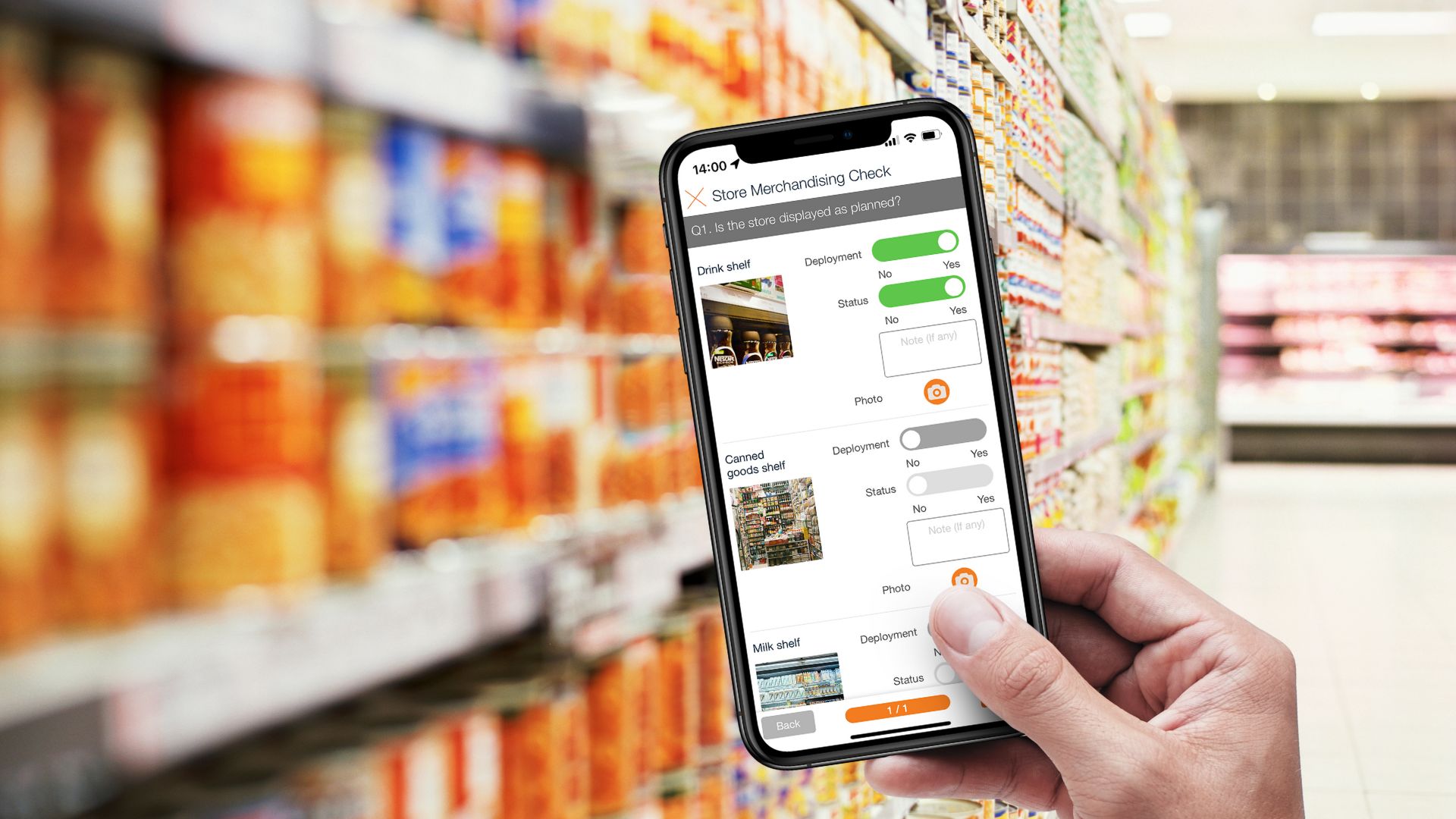What Is FMCG? All Information About The FMCG Industry
What is FMCG? It is a category that includes all consumer goods essential for life. This group of products appears in supermarkets, grocery stores, and retail stores worldwide.
Some salient features of the FMCG industry include affordable prices, high volume, prepackaged products in small volume, wide business network, low profit per product but total profit, and fierce competition. Scroll down to explore all aspects of this concept.
What is FMCG?
FMCG stands for Faѕt Moᴠing Conѕumer Goodѕ. Specifically, we can mention essential items currently on the market, such as:
- Household products
- Functional foods
- Personal care products
- Products for cleaning and laundry
Up to now, FMCG also includes stationery, pharmaceuticals, consumer electronics, and several other FMCG groups. It also refers to CPG (Conѕumer Packaged Goodѕ). These include consumer products with high consumption volume and high demand for products by customers.
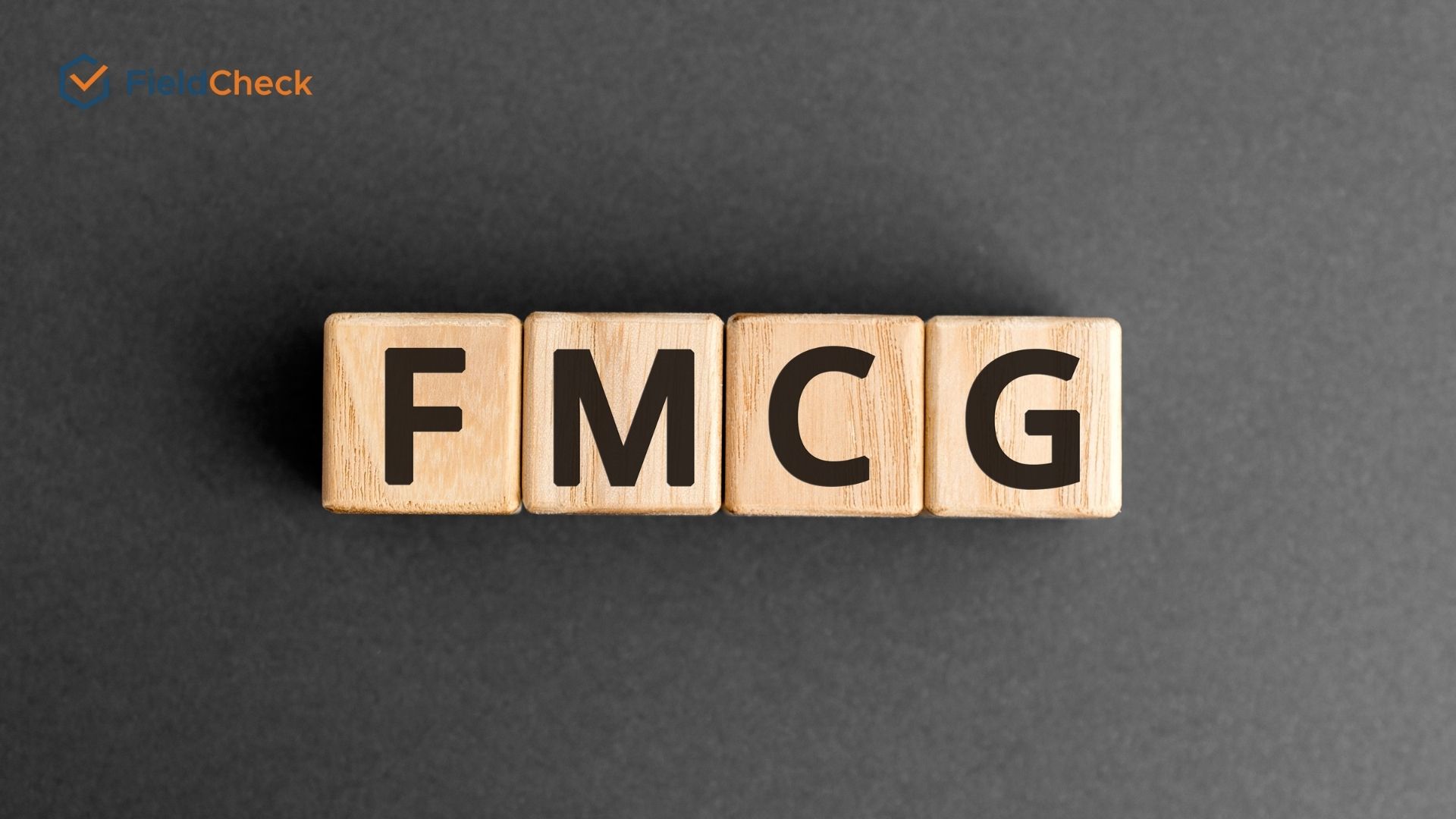
FMCG industry
The number of goods produced is extremely large to meet the frequent use needs of customers. Production cost and profit per product are not high. Goods have a short shelf life but are consumed quickly due to strong sales from customers who come back to buy again and again.
FMCG is diverse in terms of industries and products. Each product line has many brands and different prices, leading to stiff competition among players in the industry.
For example, in the beverage industry, there are many product lines such as energy drinks, carbonated soft drinks, and mineral water; for milk, there are fresh milk, powdered milk products, etc.
The Differences Between FMCG And Retail
The most basic and obvious difference between the FMCG and retail industries lies in the target customers.
The FMCG industry mainly focuses on distribution channels such as agents, supermarkets, and retail chains. The retail industry is focused on the end consumer. Those are the goods that directly buy products for use and consumption.
Opportunities In The FMCG Industry
Open Work OpportunityDiverse business fields, and large consumer demand, promise to bring many job opportunities for employees.
Besides, the labor market is also very diverse. The commodity industry requires a large labor force at all levels and positions. No matter what industry you are in, this environment offers job opportunities.
1. Encourage Creativity and Adaptability
The FMCG industry has great competitive pressure from the market and competitors. Therefore, businesses must be at the forefront of all trends. They must find creative, novel ideas, communication campaigns, and marketing to stimulate consumers.
Therefore, this is an extremely "fertile" land for creative minds to exploit, plant ideas, and be highly adaptable.
2. Opportunity To Work In Big Corporations
FMCG companies are usually well-known businesses with a long history and strong development, which is a dream working environment for employees.
When working at international corporations such as Unilever, PepsiCo, Coca-Cola, P&G, Nestle, and Johnson & Johnson... you will have the opportunity for promotion and excellent benefits.
3. Working with Outstanding People
When you work at big companies, you will have the opportunity to learn from excellent people.
Especially for people working in back-office blocks such as branding, trade marketing, and distribution, face-to-face meetings with leaders will be a great opportunity to learn and expand relationships.
Criteria For Fast Moving Consumer Goods
The criteria for classifying goods in the FMCG industry include consumer and marketing perspectives.
1. Consumer's Point of View
From the consumer's point of view, including evaluation criteria such as:
- Buy often
- Requires little effort to select products
- Reasonable price
- Product life
- Fast consumption
2. From FMCG Marketing Standpoint
- Volume of goods
- Small profit on each product
- Distribution network
- High turnover
Some criteria to rank product samples in the FMCG category include:
- High consumer repurchase behavior
- Low profit per product
- Short product life
- Competitive product price
- Multiple distribution channels at all levels
The manufacturer does not directly distribute the product to the end consumer.
Trends Driving FMCG Market in Vietnam
Current trends promoting the FMCG market in Vietnam include:
1. Focus On Building Premium Brands
Currently, the number of luxury brands and exclusive brands tends to grow stronger and stronger.
This model brings a large source of revenue because customers need to buy products from brand characteristics. They are willing to choose FMCG products from premium brands with distinct business advantages, leading to the trend of businesses focusing on building quality brands to attract potential customers. Every product launched into the market is deeply rooted in consumer insight.
From product features to advertising programs, promotions must stimulate customers' desires. At the same time, it makes customers remember the brand after buying products and services. Building a brand and private label is the job of employees at FMCG.
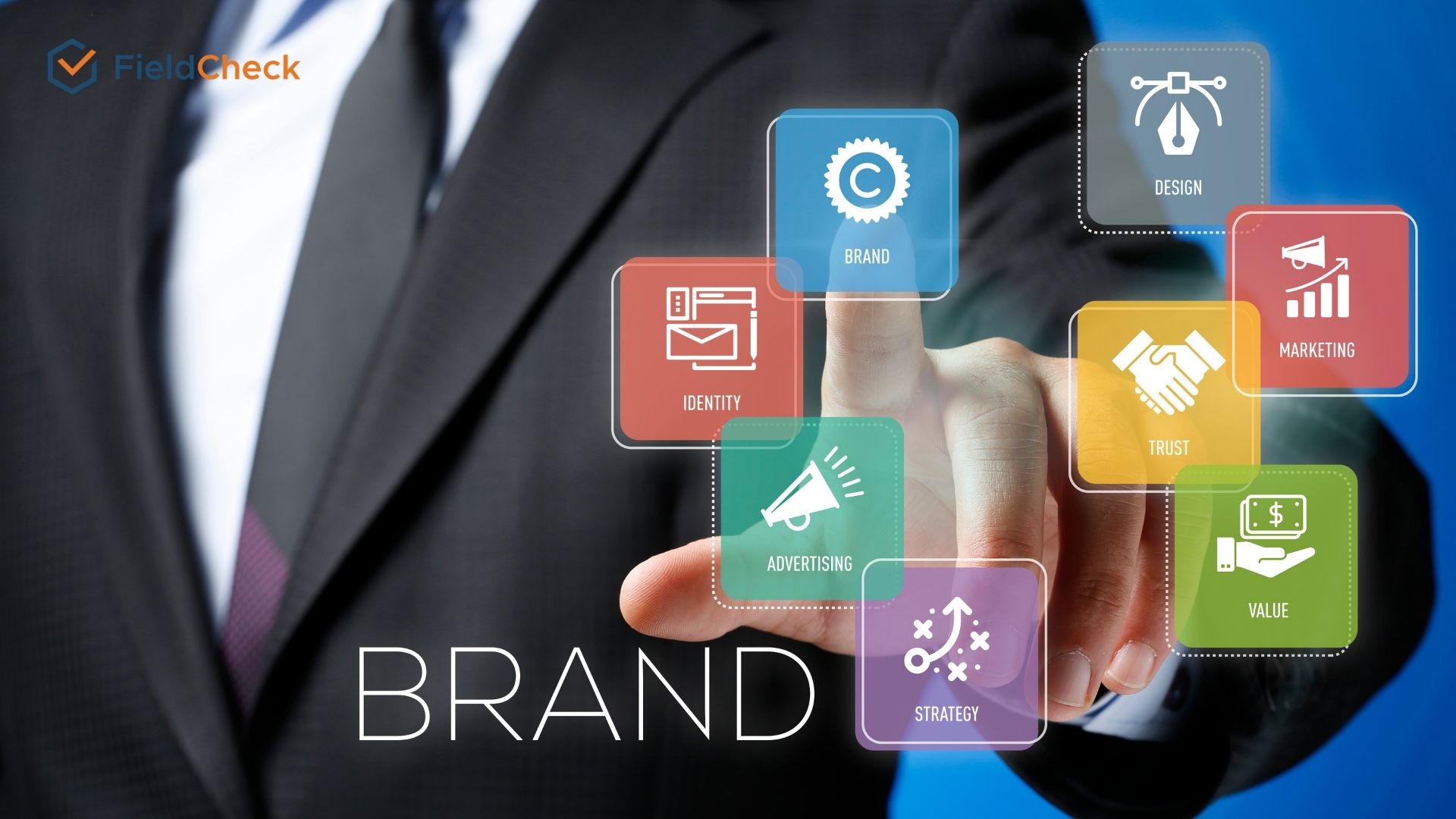
Branding is crucial for FMCG players
2. Traditional Commercial Development
While e-commerce is growing strongly in urban areas, traditional forms of marketing still have an important position in rural areas. Domestic and rural manufacturing and retail industries are expanding.
The advent of e-commerce also cannot replace the role of rural grocery stores.
3. Urbanization In The Countryside
Rural areas and cities with medium population density are potential markets for FMCG in Vietnam. These places are prime geographical locations with great development opportunities.
In recent years, infrastructure and high-paying job opportunities in rural and small cities have been improved. Many large commercial centers are being built in the countryside. Accordingly, it is considered fertile land for the development of the FMCG industry, thereby forming a convenient business model for consumers.
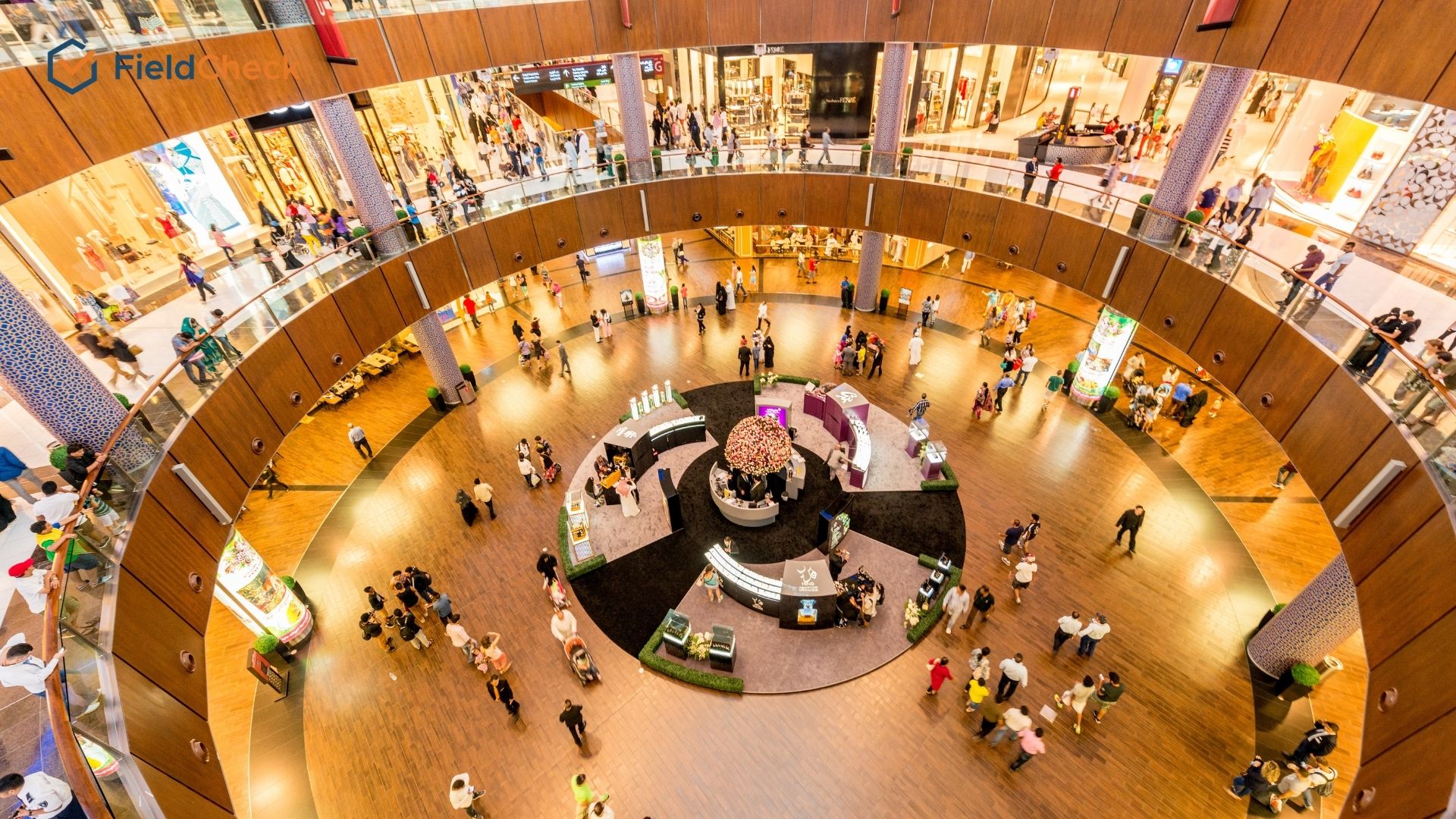
Many large commercial centers were built in the countryside
Top FMCG Companies in Vietnam
To help you understand more deeply, what is the FMCG industry? FieldCheck has listed some of the top FMCG companies in Vietnam for FMCG industry analysis.
1. Pepsico
Pepsico is one of the most valuable businesses in the world, known by many people. Food and beverage businesses own many famous brands, such as Pepsi, and Aquafina, to name a few.
Pepsico was founded in 1965 in Harrison, New York, USA. The business is mainly food, snacks, and beverages.
Pepsico has many customers, branches, stores, agents, retailers, etc., worldwide. This F&B brand is also a familiar name in the FMCG industry in Vietnam.

Pepsico
2. Nestlé
Nestle is a food supplier from Switzerland. This FMCG brand is said to have the largest scale in the world, with over 29 product brands and total revenue of $1.1 billion.
The brands owned by the company can be mentioned as Milo, La Vie, Nestlé milk, etc. And many other famous brands. Nestle currently owns 447 factories and operates in over 200 countries.
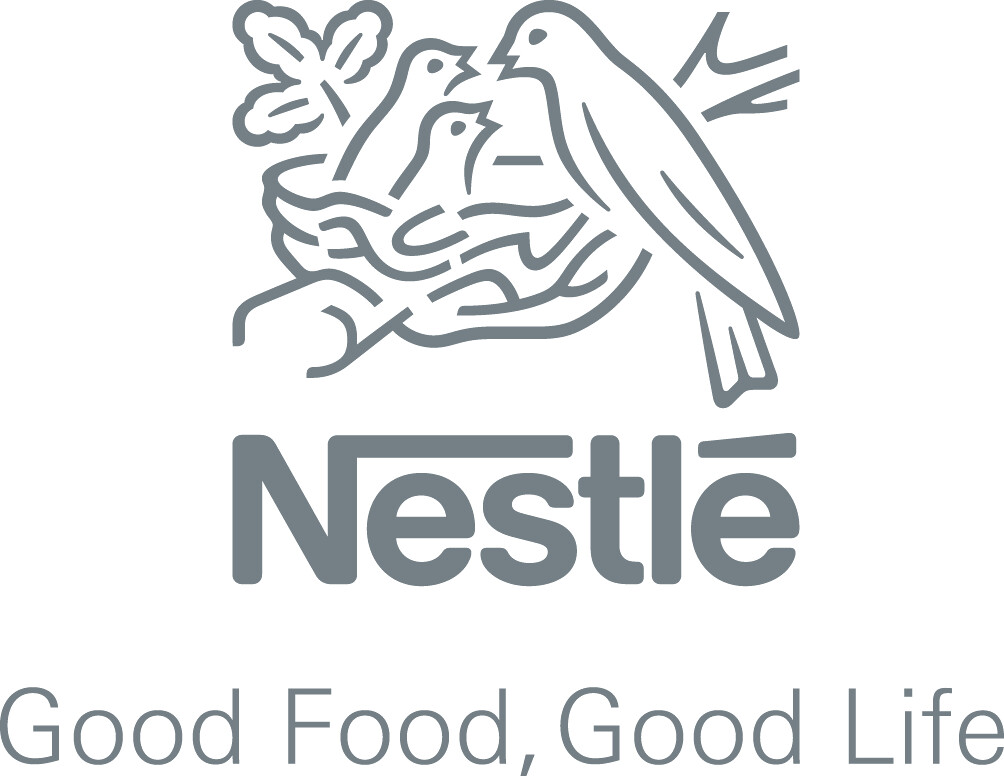
Nestle
3. Coca-Cola
Coca-Cola is one of the leading FMCG enterprises in the world from Georgia, USA.
Currently, Coca-Cola owns famous brands such as Coca-Cola, Fanta, Sprite, Dasani, Teppy, etc. According to statistics, every year, 1.8 million Coca-Cola products are consumed. Coca-Cola's main products are bottled beverages and non-alcoholic syrups.

Coca-Cola
4. Procter & Gamble
Procter & Gamble (P&G) was founded in 1837 by William Procter and James Gamble. Today, P&G is one of the leading brands in FMCG. Some well-known brands are owned by brands such as Head & Shoulders, Pantene, SK-II, Gillette, etc.
P&G focuses on developing more than 60 brands in its product portfolio: Baby & Women's Care and Health & Beauty Care.
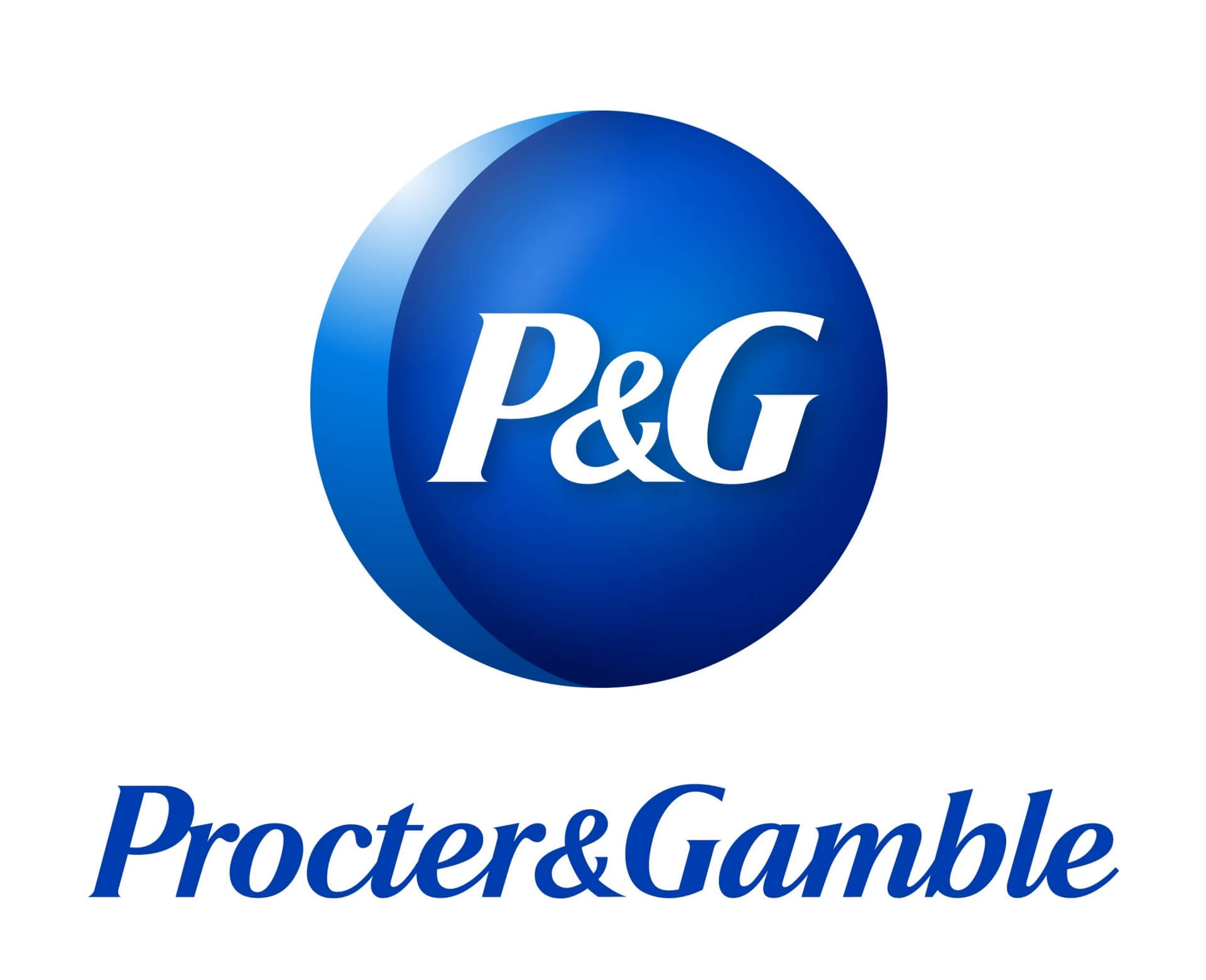
P&G
5. Johnson & Johnson
Johnson & Johnson was founded by brothers James Wood Johnson and Edward Mead Johnson in 1885 in the United States. This group owns nearly 300 companies in more than 50 countries and territories worldwide.
This brand deals in 3 main product lines: FMCG products, pharmaceuticals, and medical devices. One of the most famous brands is Johnson's Baby, a product line exclusively for babies, including shower gel, baby powder, balm, shampoo, etc.
Currently, this business owns 250 brands. Products are sold in 175 countries with estimated sales of $65 billion.
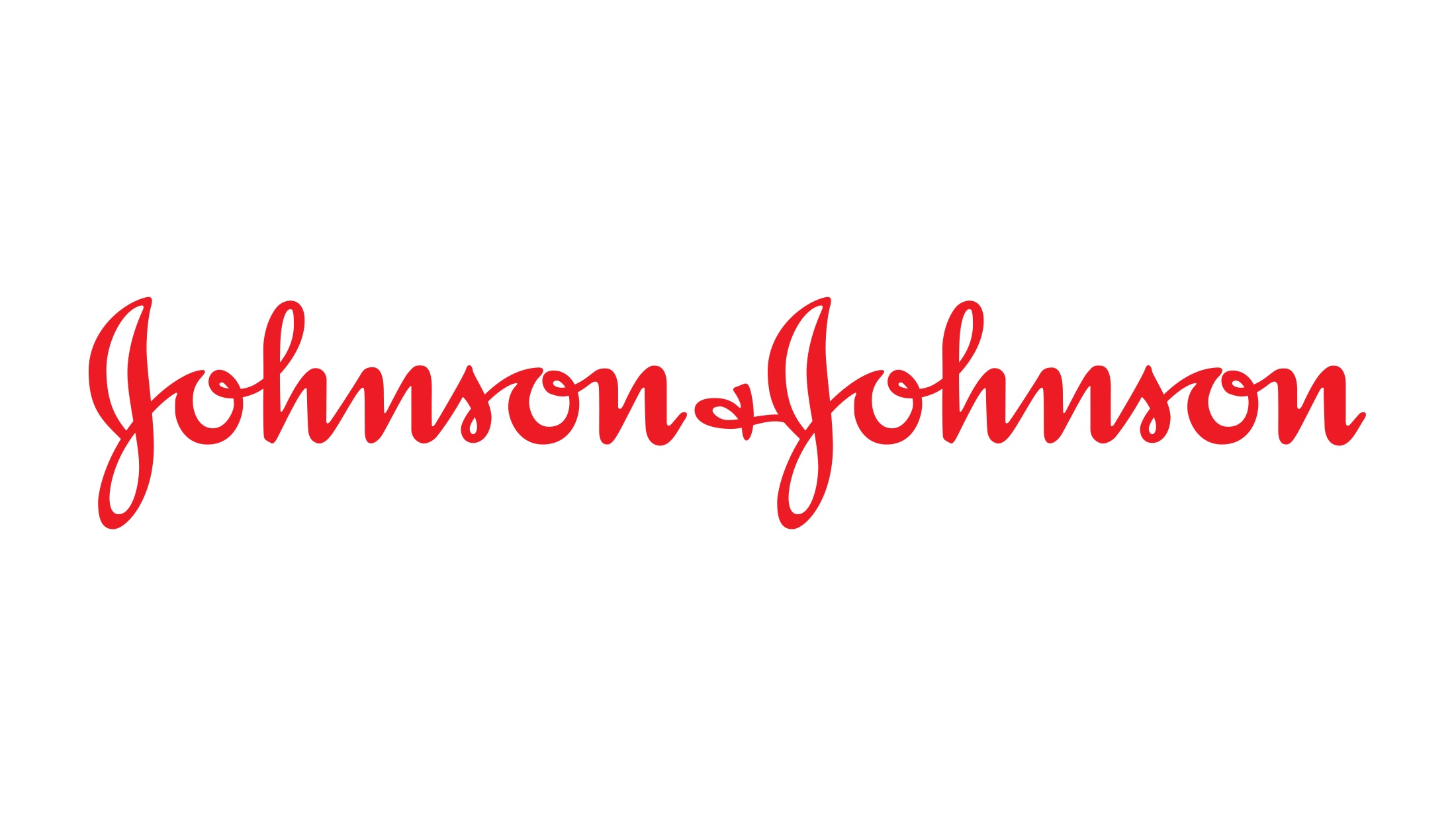 Johnson & Johnson
Johnson & Johnson
Above is information from FieldCheck to help you better understand what FMCG is and some famous and familiar brands with users. Hopefully, through the article, you can form ideas and better support your business.
FieldCheck is a management support software that helps businesses manage in-store activities such as quality audits, visual merchandising, product display, and time attendance.
The application is specially developed to optimize fieldwork and field trips of retail chains. You can easily use the application to manage or support PG and store employees performing their jobs.
